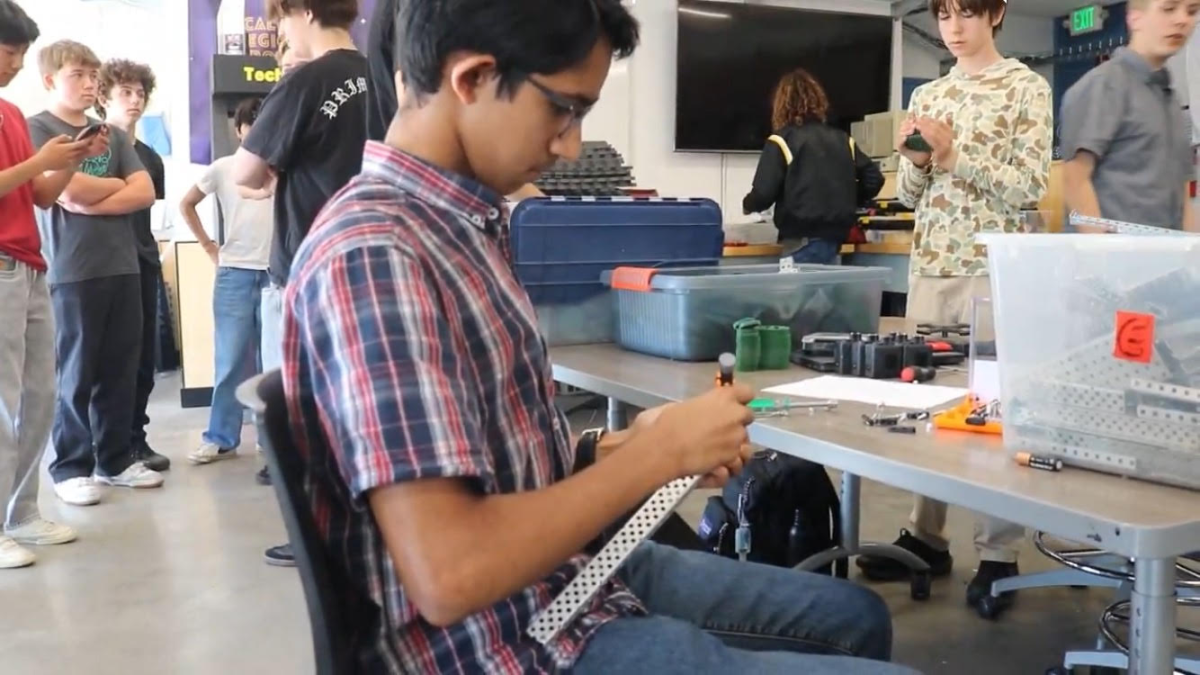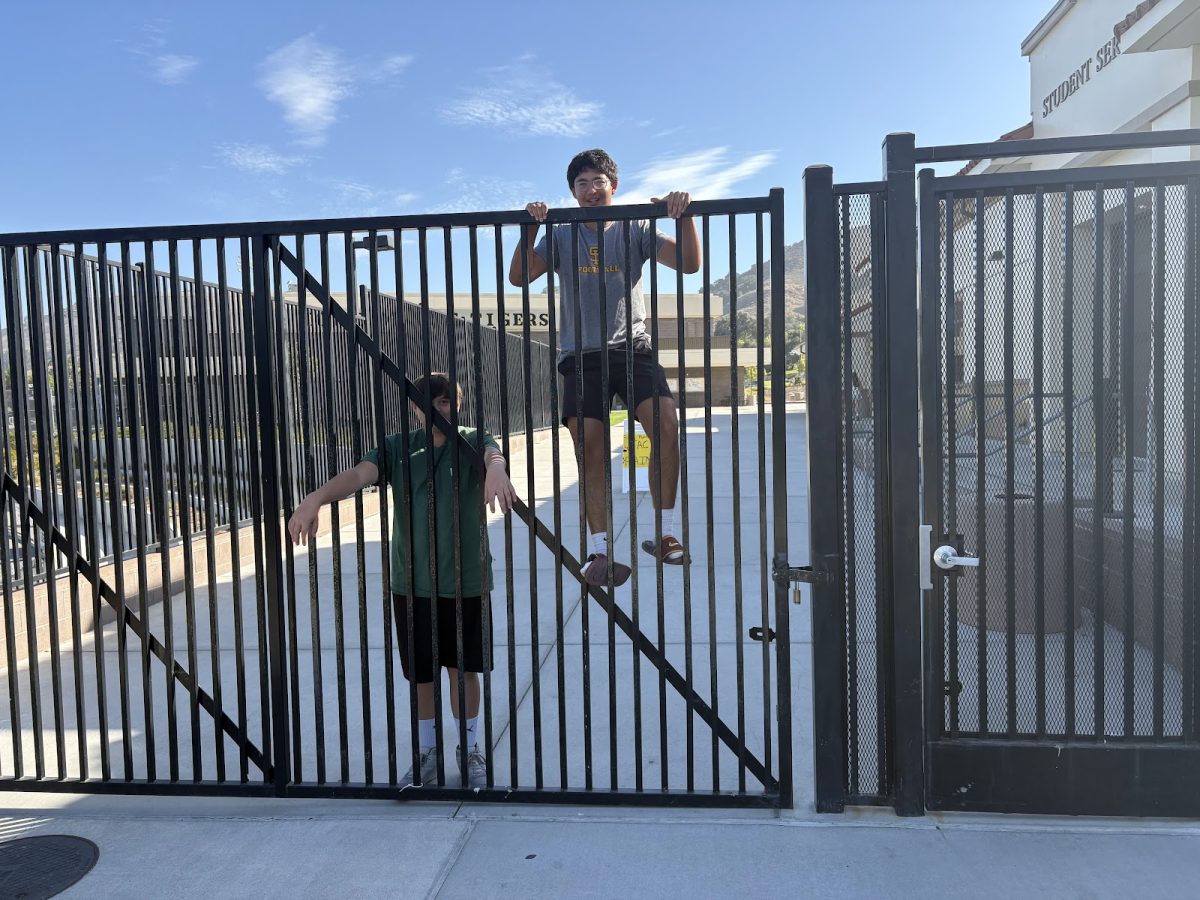Last week I was late to fourth period. Stumbling into class two minutes after the bell, laughing with friends, and chewing the last morsel of the spoils from my off-campus lunch excursion, I fully expected the usual tardy and an emotionless “don’t let it happen again” from the teacher. Instead, I was met with a fiery glare and, along with my other less-than-punctual peers, sent outside to contemplate exactly what I had done wrong for ten minutes.
Many teachers consider kicking students out of class as a last resort measure, a way to keep unruly kids from disrupting class. But is it ever really worth using such an unproductive form of punishment? Three minutes of a lecture missed for someone talking in class suddenly becomes 13 minutes of that class missed once a teacher decides to send that student out. It defeats the purpose.
Oftentimes those students given “the boot” are the ones that need to be in class the most. Some act out because they don’t care about or understand the material, yet are removed from the class in which the material they need help with is being discussed.
“It’s counterintuitive,” said senior Celeste Koch. “Kicking a student out that doesn’t want to learn only makes sure that they won’t learn anything.”
For what felt like an eternity, my tardy companions and I sat outside, idle and unoccupied, with the creeping feeling that our teacher had forgotten about us. The one thing that we did learn from being kicked out: it’s never the solution.
































